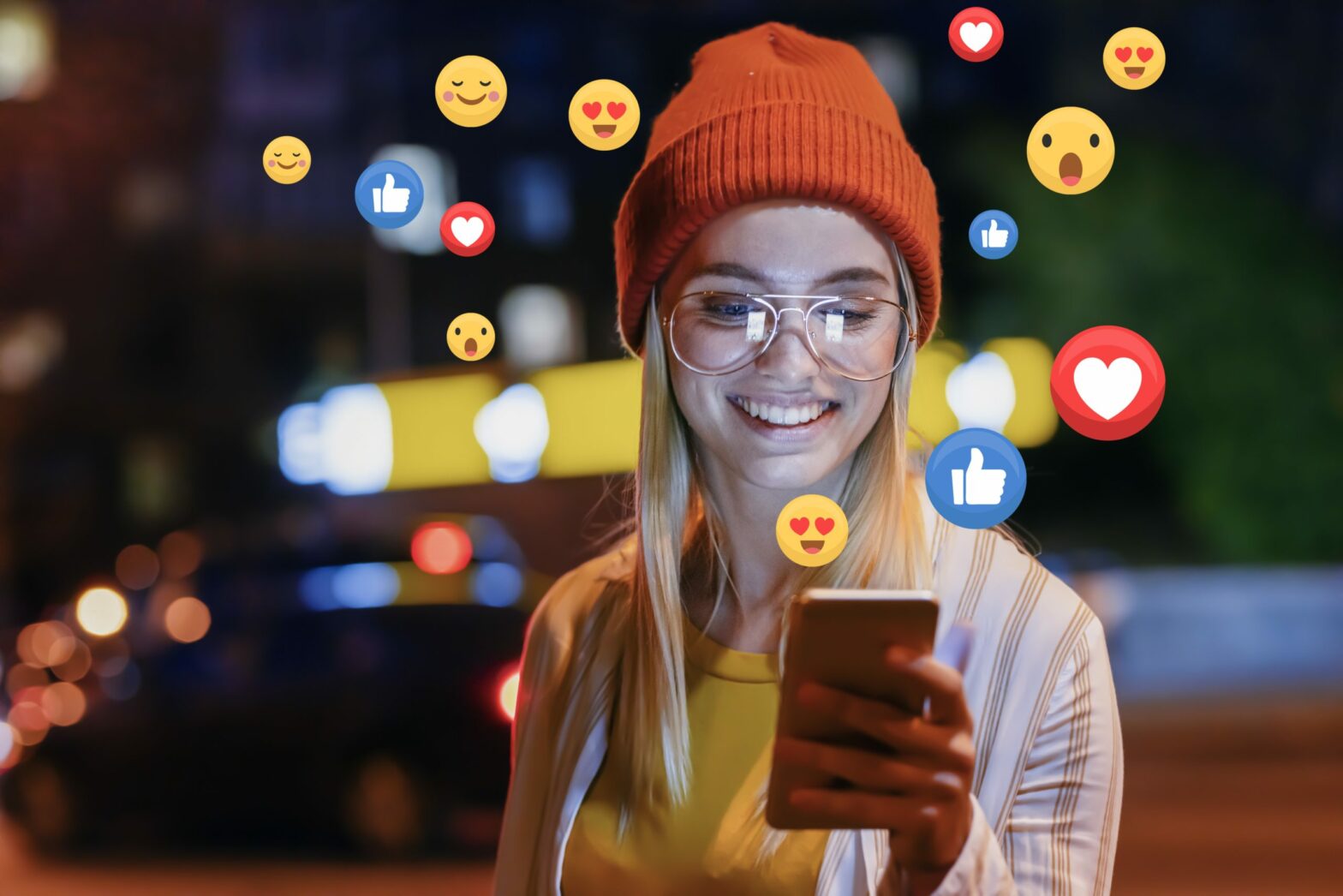EXCLUSIVE: Genflow Ventures, the VC arm of social media agency Genflow, plans to invest seed money in 10-15 influencer-led start-ups this year.
Genflow, whose main business is creating and selling products for its stable of influencer stars, has already made six seed-stage investments in the last couple of months.
Although none of the sextet has yet launched, one is a socially conscious BAME beauty product range and another is an eco-conscious online department store.
>See also: How to make your online virtual event a success – 6 top tips
In many ways, Genflow turns the traditional venture capital model on its head. Rather than a start-up approaching a VC with a pitch deck, influencers with followers in the millions canvas their followers as to what products they would like to buy and then Genflow oversees the design and manufacture.
>See also: Five micro-influencers that could boost your business
Chinese influencer agency Ruhnn, which has over 100 influencers on its books, developed the same model before floating on the New York NASDAQ for $125m in 2019 and is currently worth $337m.
Shan Hanif, founder and CEO of Genflow, said: “It’s the next evolution of direct-to-consumer in terms of finding an audience. Most new brands have to find customers, create Facebook ads, etc. but if you launch a direct-to-consumer brand as an influencer it has instant revenue, repeat customers, the lifetime value is higher, and the conversion rate is higher too.
“The whole VC start-up world is doing it wrong. They back a founder who has an idea but there’s no focus on distribution. The whole focus should be on distribution. Without distribution, the whole exercise is pointless.”
The potential market is huge.
Nearly 3bn people use social media worldwide and the influencer market is expected to grow from $9bn in 2019 to $15bn in 2022, according to Genflow.
‘Customer acquisition is the hardest thing in business, and influencers have excelled at it’
Genflow influencers who already have a built-in audience include beauty guru Patricia Bright (2.9m YouTube subscribers), model Sommer Ray (25.3m Instagram followers) and actress Amanda Cerny (25.8m Instagram followers).
To date, Genflow has launched about 70 brands including Anthony Joshua-branded boxing gear and a range for yoga instructor Jessica Olie, including e-books, the digital Align app and a range of yoga products, which together earned the Olie brand £1m in sales this year.
The company plans another 63 product launches in beauty, apparel and active wear this year.
Where the idea came from
Hanif is a former accountant who worked for start-ups including Citymapper. He realised that the hardest thing for most start-ups is finding and audience, and that is where the influencer would come in.
Hanif said. “My idea was that if you had sway over people, the hardest thing to do is building an audience. These influencers were getting thousands of new followers every day. At the same time, influencer agencies were trying to get brands attached to influencers.”
For example, hugely popular online yoga teacher Adriene Mishler has a sponsorship deal with Adidas.
Said Hanif: “Can corporate brands use an influencer? Yes, they can. You’re seeing more and more corporate brands leverage influencers. But only a handful of people in the world can do a sponsorship deal with a Nike or an Adidas. I thought, wait, an influencer can create their own brand. You will always make more money selling your own product.”
Genflow currently has 44 staff based in London and in Los Angeles, where it works with talent agencies.
Its influencers sell between 20,000 and 30,000 products each month, totalling £25m worth of sales over the past four years.
However, influencers can wane just as easily, so what would Hanif say to those who point out that a business based on “How flat does my tummy look?” does not imply longevity?
Said Hanif: “Successful influencers aren’t purely about the number of followers they have but their connection with their audiences. All of Genflow’s clients have organically built a sizeable following due to their passion, creativity and authenticity on their respective platforms. What Genflow does is help monetise their followings and convert them into paying customers, which is where the long-term business creation comes into play. Customer acquisition is the hardest thing in business, and influencers have excelled at it.”
Further reading
Five micro-influencers that could boost your business – Generation Z relates to online influencers more so than traditional celebrities. Here’s five of the best to work with.






